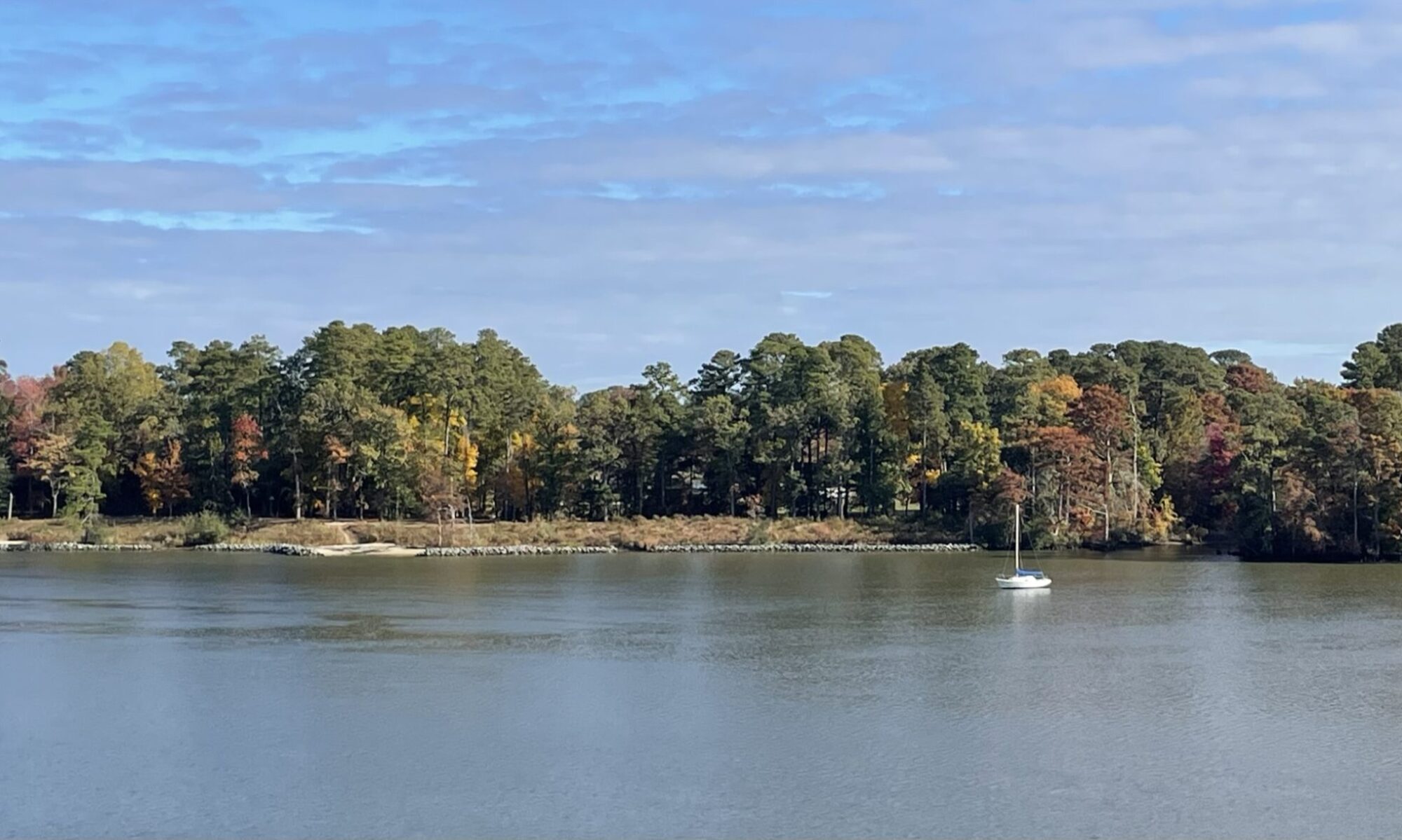I hate that this will make consecutive posts, albeit two months apart, about death. But I feel moved to comment briefly on the passing of Joe Miller, a college baseball teammate of mine at Widener University a very long time ago.
Joe, who recently died in Florida at age 64, was the son of my Widener coach Harry Miller, a legend in amateur baseball in Delaware County outside Philadelphia. The Millers were a rich baseball family, and Joe was a good enough outfielder and hitter out of high school to go play Division I ball in North Carolina. Later, he was a draft pick of the Houston Astros and played in the minors.
But by the time I got to Widener, a small Division III program, as a freshman for the 1977 season, Joe had transferred in to play for his dad. I only got to play with him that one year, but what I saw in Joe upon meeting and watching him immediately shocked me into the reality that I’d better get to work. Because if men of his caliber – and he was a strapping specimen – were what I was going to encounter in Division III, I could get swallowed up if I didn’t knuckle down.
Work ethic turned out to not be a problem; I wanted to play pro baseball, and I became a gym and fieldhouse batting-cage rat. Trying to become as good as Joe Miller was motivation, ultimately unfulfilled, but the effort alone helped me become a four-year starter and a 14th-round draft choice of the L.A. Dodgers after my senior season.
I’m proud of those latter achievements. But I still marvel at how good that first Widener team was, with my skinny butt at second base surrounded by Joe and a slew of upperclassmen I knew I couldn’t let down.
I (mostly) did not . . . but the memories of that season are still flavored with angst, as happens in sports, or hell, everywhere in life.
We, the Pioneers, won our conference and actually entered that ’77 postseason as the top-ranked squad in Division III. Our regional tournament, for the chance to reach the D-III World Series, was held in Wooster, Ohio over the Memorial Day weekend. We practiced before piling into our vans for the long drive from Chester, Pa., and a bad-hop ground ball broke my nose toward the end of that practice.
I got it immediately set by a local doctor – I still shudder at the ridiculous crunch of cartilage as he pressed it back into place. They stuffed my nose with cotton, and gave me a little taped-on protective guard to use while sleeping and playing.
And yep, we played well. I think we lost our second game in the double-elimination tourney, but we won our way back to where we and Marietta of Ohio, a D-III power at the time, were the lone survivors. That meant we’d have to win twice on the final day to advance.
With the looming presence of Joe Miller in center field, we took care of job one, the first victory. But when the second game was tied in extra innings as dusk approached, on a field without lights, the umpires suspended play. I remember us and our fans/parents loudly protesting that decision — we felt the momentum was ours. But we were ordered to return the next morning, Memorial Day, to decide the game.
I remember making an error somewhere in that second game that helped Marietta tie the score. That felt bad. I felt worse when, in the bottom of that first restarted inning, we gave up a home run and lost the game. I collapsed into the arms of our first baseman, also a departing senior, even before we left the field.
I write all this to say Joe Miller, who went on to make a career of mentoring troubled youth and addicts, and those first college teammates obviously had an indelible impact on me. They helped set the course of my ensuing years as a developing athlete and baseball player.
In that context, it was surreal for me to see Joe’s obituary, and sad to learn Harry and Doris, still alive and living in Florida, now have to bear the pain of outliving their son.
I honor Joe’s memory and the too few days I spent in his orbit.
